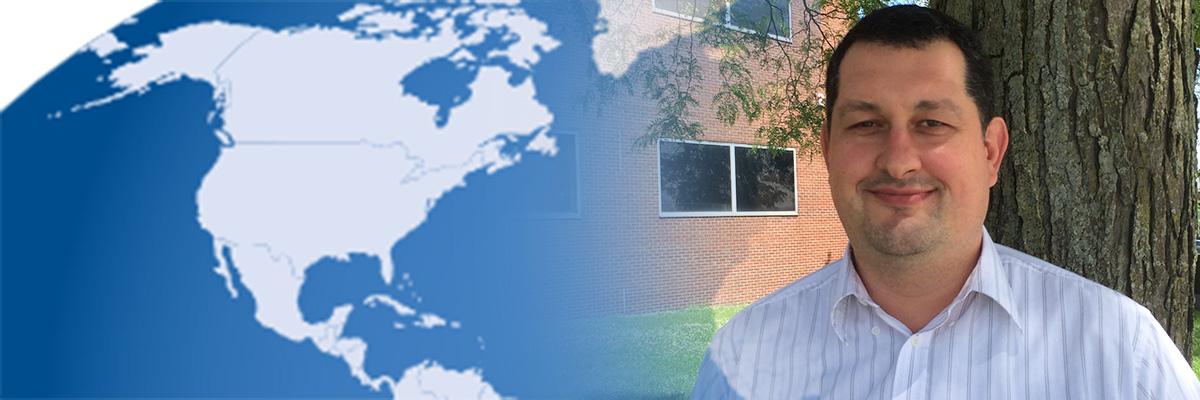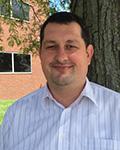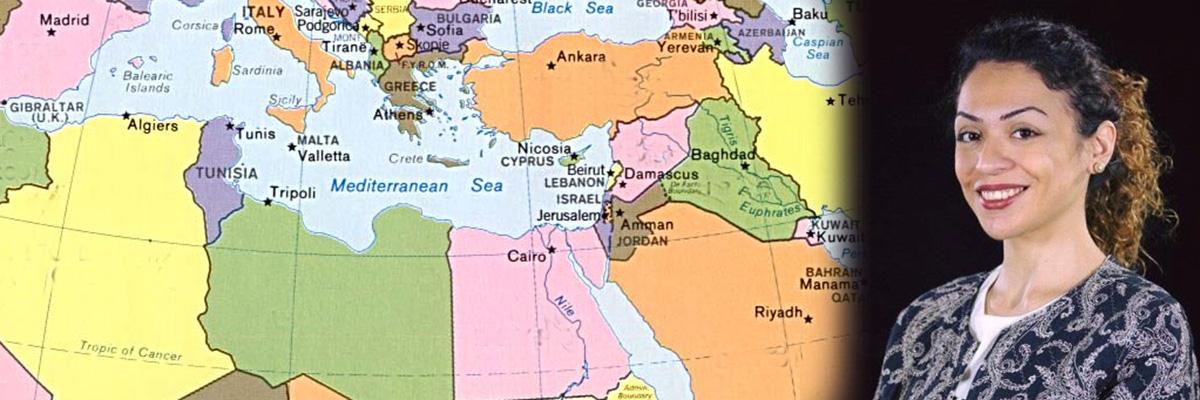Opening the doors to life or deadly covid-19 outcomes
By ISIO | International Security Industry Organization
Companies, sites and venues must re-budget and re-equip their premises that will host human traffic with the re-opening of the economies. The vulnerability landscape has changed dramatically where a company or site cannot afford to have an infected person in their location. Simply put, if such occurs, that company or site will be closed down again for weeks on end.
Doctors and nurses know what they are dealing with, but the security practitioner may not know. The opening of the doors to certain businesses or sites could draw desperate or mentally unwell people that could cause chaos. Larry Barton, Ph.D., Distinguished University Professor of Crisis Management and Public Safety, University of Central Florida, USA states ‘’action steps and considerations that employers must take now, before rancour and situations of aggression and harm emerge in the workplace. While all of us want to be optimists, we must be realists- the health check of employees in so many employment environments globally does not meet a "one size fits all standard."
If, employers race to bring back employees without thinking about the many nuances that the ‘paper’ outlines, they do so at their own peril. The paper he refers to is, ‘’Managing covid-19, The Security Manager’s strategic, operational and protocol guide to limiting collateral damage’’
Different locations could be opened in a layered approach. Each location or field of interest could have the same issues of distinct problem that need to be overcome before mass traffic Subsequently, the protocols for the security and public must be in place.
Let us keep in mind that security officers perhaps already know that they have had a life impacting experience or died, but there are those that have no idea if they have had a near miss or perhaps could be infected. There is not much one could do if a person is not at full blown status with a high temperature which is a problem but what is just as big or perhaps a bigger problem is the person that has a high temperature. Furthermore, security officers could be highly trained with physical handling abilities, but they may not be appropriate for front line positions.
This situation dictates that the equipment, technology and manpower must work in sync. The vulnerability landscape demands that the right people with the appropriate skills must be placed in distinct positioning. The comprehension of incident reporting is vital so as to detect if there are issues that must be uncovered or copycat problems occurring that must be arrested.
The security industry can be the foundation sector that can dismantle covid-19 by advising their clients on the technology, equipment and manpower that is required. Furthermore, the certain protocols can be adopted to their sites or distinct and relevant protocols must be designed and implemented.
In this pandemic situation, security success to limit the collateral damage of covid-19 will depend on the level of situational awareness of the decision-makers on the ground (all are decision makers) and their reaction speed. Reaction speed at this moment – is simply – REACT NOW. The booklet referred to in this work can be found on ISIO


 The Award was presented on behalf of the IACIPP by Mr Jeff Gaynor, CIPRNA Conference Committee Member.
The Award was presented on behalf of the IACIPP by Mr Jeff Gaynor, CIPRNA Conference Committee Member.


 Bill Bailey is currently a security management consultant working in the oil and gas industry predominately in Papua New Guinea. Bill also remains an Adjunct Senior Lecturer with Edith Cowan University, Security Research Centre, Perth, Australia after having taught in the Security Science Department, specialising in: counter insurgency, terrorism and countering terrorism, critical infrastructure protection, security management, physical security, security, health and safety, business continuity, strategic risk and emergency management.
Bill Bailey is currently a security management consultant working in the oil and gas industry predominately in Papua New Guinea. Bill also remains an Adjunct Senior Lecturer with Edith Cowan University, Security Research Centre, Perth, Australia after having taught in the Security Science Department, specialising in: counter insurgency, terrorism and countering terrorism, critical infrastructure protection, security management, physical security, security, health and safety, business continuity, strategic risk and emergency management.
 Frédéric Petit is a Research Scientist specialising in critical infrastructure interdependencies and resilience at Argonne National Laboratory. Dr. Petit leads the development of methodologies for the assessment of preparedness, mitigation, response, recovery, and overall resilience capabilities of facilities, communities, and regions. He also lends his expertise to work on risk, vulnerability and threat analysis of critical infrastructure. Dr. Petit received his PhD from the École Polytechnique de Montreal in Civil Engineering focusing on vulnerability analysis techniques for critical infrastructure and dependencies on cybernetics. After an initial formation in earth sciences and civil engineering, Dr. Petit has specialized in risk management and business continuity since 2002. Dr. Petit is member of various program committees for conferences such as the Symposium on Risk Management and Cyber-Informatics (RMCI) and the Critical Infrastructure Symposium (CIS)..
Frédéric Petit is a Research Scientist specialising in critical infrastructure interdependencies and resilience at Argonne National Laboratory. Dr. Petit leads the development of methodologies for the assessment of preparedness, mitigation, response, recovery, and overall resilience capabilities of facilities, communities, and regions. He also lends his expertise to work on risk, vulnerability and threat analysis of critical infrastructure. Dr. Petit received his PhD from the École Polytechnique de Montreal in Civil Engineering focusing on vulnerability analysis techniques for critical infrastructure and dependencies on cybernetics. After an initial formation in earth sciences and civil engineering, Dr. Petit has specialized in risk management and business continuity since 2002. Dr. Petit is member of various program committees for conferences such as the Symposium on Risk Management and Cyber-Informatics (RMCI) and the Critical Infrastructure Symposium (CIS)..
 Ayhan was formerly a researcher for the Center on Foreign Policy and Security in Hazar Strategy Institute (HASEN); Coordinator CIPALERT(Critical Infrastructure Protection Alert) Platform
Ayhan was formerly a researcher for the Center on Foreign Policy and Security in Hazar Strategy Institute (HASEN); Coordinator CIPALERT(Critical Infrastructure Protection Alert) Platform